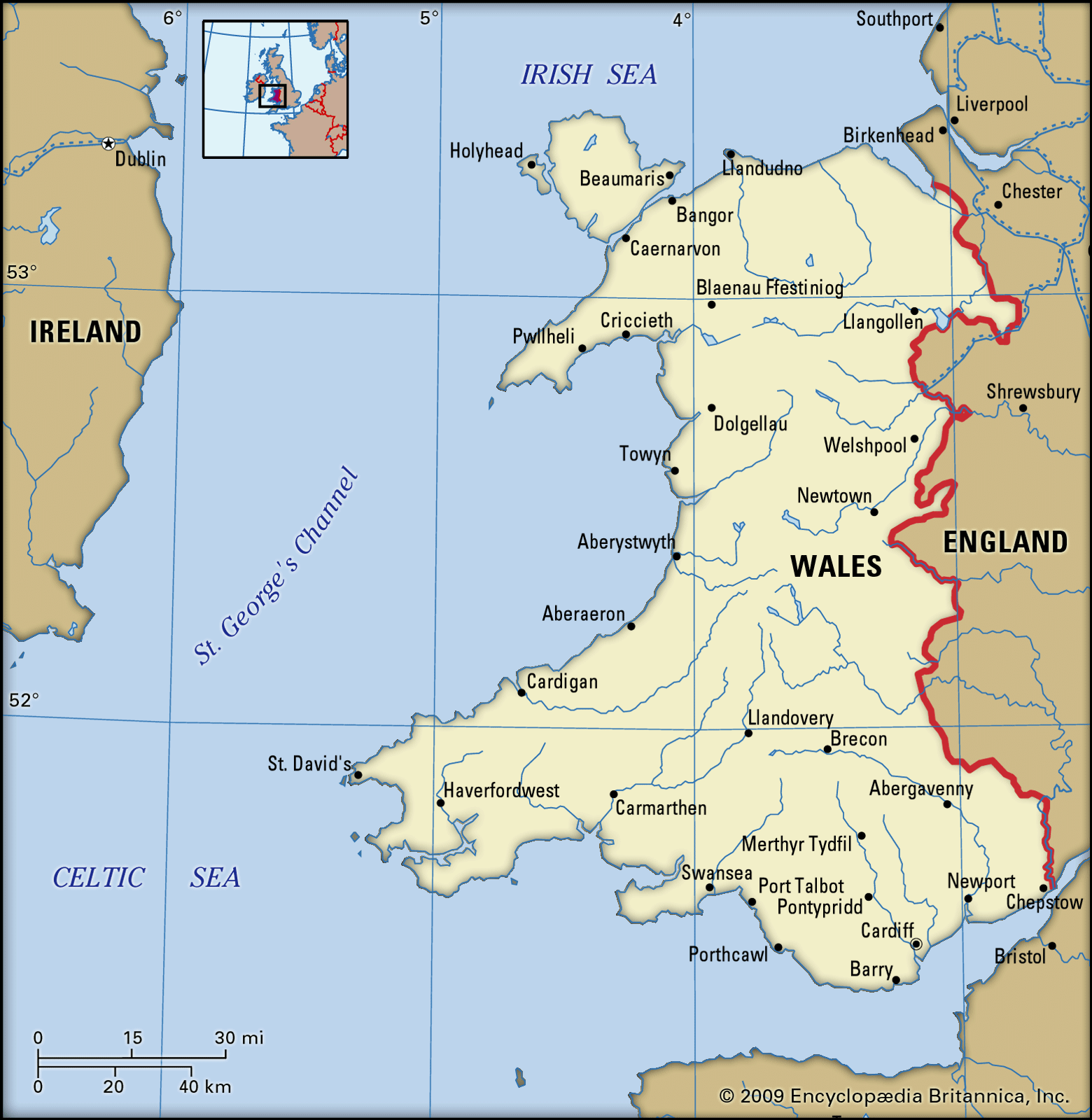Wales may be famed for its Welsh cakes, rugby and choirs, but the country is fast making a name for itself in the fintech space.
According to a recent report from FinTech Wales, a membership association, the industry currently employs 16,000 people and has seen investment grow by 300% since 2022. In the 12 months up to October 2023, Welsh fintech firms raised £53m in publicly announced funding rounds.
This growth is being driven not only by major fintech companies that call Wales home, such as Admiral, GoCompare, Confused.com, MoneySuperMarket, Starling Bank, and Monzo, but also by fast-growing startups like Delio and Wealthify.
Ingredients of Wales’ fintech success
So, what’s the secret behind Wales’ fast-growing fintech sector? Gareth Lewis, CEO of Delio, attributes its “remarkable growth trajectory” to a “culture of mural support and collaboration”.
“The sector’s interconnectedness enables startups and established firms alike to tap into a wealth of resources, expertise, and opportunities, fueling a virtuous cycle of growth and innovation,” he explains.
Simon Dukes, CEO of Confused.com, says growth in the Welsh fintech sector is being fueled by a thriving ecosystem comprising long-standing businesses like his own, exciting startups and support organisations such as FinTech Wales.
He tells UKTN: “Having such a supportive, and supported, ecosystem has given businesses the perfect platform to learn more about and from the sector, which is what we all need to grow.”
Sarah Kocianski, CEO of FinTech Wales, believes that access to talent is playing a big role in the growth of the Welsh fintech sector. She says this continues to grow thanks to fintech initiatives offered by Welsh universities and training programmes like FinTech Wales’ Coding Academies.
She adds: “This enables fintechs to access a ready supply of homegrown talent with highly relevant skills.”
Access to technology like high-speed broadband is also critical to success in the Welsh fintech industry, according to Rich Wilcock, director of Sorodo Limited.
He says: “The government supported high capacity fibre optic network which stems from Manchester to Holyhead coupled with independent broadband suppliers are reaching all areas of Wales, making it a fully accessible place to work (and play).”
Welsh fintech success stories
The Welsh fintech industry comprises some of the biggest names in the business, from Admiral to Starling Bank, but its startup scene is also booming.
Programmes like the FinTech Wales Foundry accelerator have aided the growth of many Welsh fintech startups. In fact, 22 companies have taken part in the programme, generating 150 new jobs in Wales and raising £26m in investment.
Kocianski says: “With significant funding raised, employee growth and international expansion in just a couple of years, fintechs such as Wagonex, Sero, Zing, Voltric, AGAM, Finalrentals and Credit Canary are great success stories and we can’t wait to see what they and our other alumni will achieve going forward.”
Wealthify, an online investment service, is an excellent example of a successful Welsh fintech startup. Its CEO, Andy Russell, tells UKTN that the company has achieved tenfold growth and generated many local jobs over the past four years.
“Our most recent success was the launch of our first ever instant-access savings account, which has been incredibly well received and seen enormous uptake,” he says.
Challenges remain
While the Welsh fintech sector boasts a supportive and thriving ecosystem with a number of success stories, it’s not without challenges.
Kocianski believes that, like other parts of the UK, attracting funding can be a major challenge for Wales-based fintech companies.
“Data also suggests that Welsh companies typically ask for less funding, despite being at the same stage as their peers in other regions, and we therefore must support Welsh fintechs to gain more confidence and target larger funding rounds,” she says.
Russell says tough market conditions and a cost-of-living crisis, in addition to competition from big-name banks, pose challenges for Welsh fintech companies such as Wealthify.
“In spite of this, we are placing our emphasis on attracting and retaining people with the right growth mindset who can bring fresh ideas and help continue to grow our customer base,” he says.
Welsh fintech a top UK fintech cluster
Despite facing a number of challenges, the Welsh fintech sector continues to grow and stands out from other parts of the UK. In 2021, the Kalifa Review ranked Wales as one of the UK’s top six fintech clusters.
“It remains a standout region, with household names such as Monzo and Starling Bank establishing significant, continually expanding operations in the country — the latter now has over 1,200 employees in Wales,” says Kocianski.
“This is evidence of the continued growth and appeal over and above other areas of the UK, as is the decision of UK and international fintechs, such as IE Hub, Voltric, Finalrentals, AGAM and Yacooba to relocate to Wales.”
Dukes says that the Welsh fintech sector has strong momentum compared to other regions of the UK. “The number of businesses joining the sector or scaling up over the past few years shows that Wales is a successful place for fintechs to grow,” he says.
Read more: UKTN’s Welsh tech sector report
The post What’s behind Wales’ fintech growth? appeared first on UKTN.


